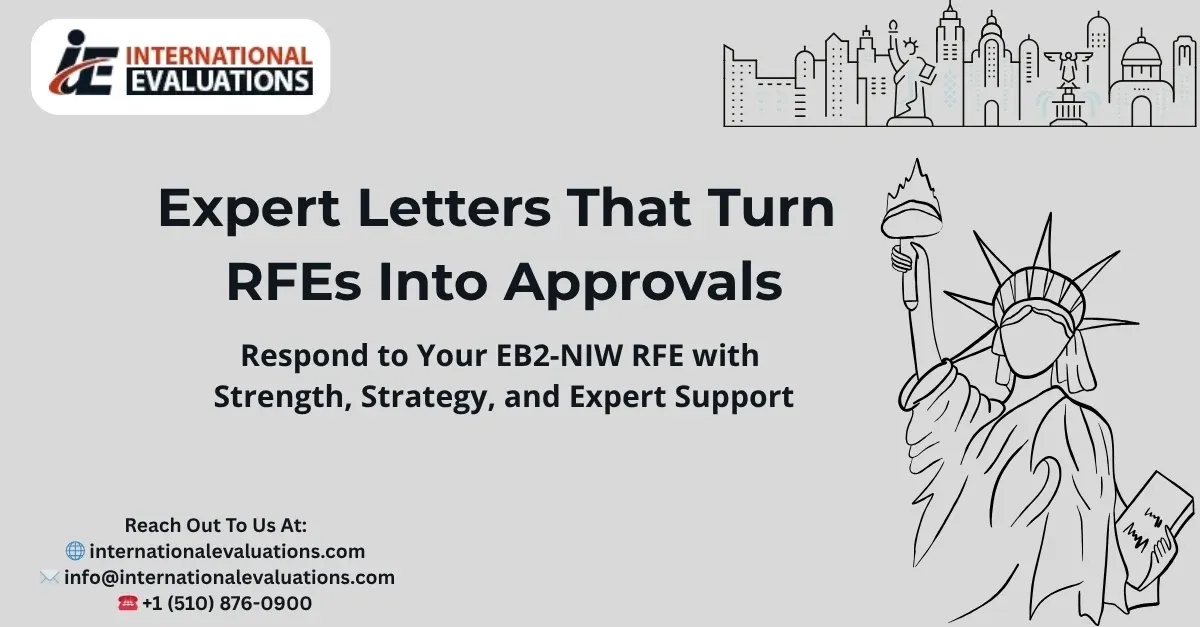Introduction
In an increasingly interconnected world, the significance of scholastic credential evaluations can not be overemphasized. As individuals look for opportunities beyond their home nations-- be it for education, work, or expert licensing-- the requirement for accurate and reasonable evaluations of their certifications becomes paramount. The process of academic credential evaluation functions as a bridge between varying academic systems, ensuring that certifications are acknowledged and valued appropriately.
This detailed short article will look into the intricacies of making sure fairness and accuracy in academic credential evaluations globally, exploring numerous elements including approaches, challenges, and finest practices. We will likewise take a look at the function of international credential examination services, course-by-course evaluations, work experience evaluations, professional viewpoint letters, and service plan assessments in facilitating this important process.
Understanding Academic Credential Evaluation
What is Academic Credential Evaluation?
Academic credential examination is an organized procedure that evaluates the equivalency of educational qualifications obtained in one nation compared to those in another. This assessment can substantially impact a person's chances in higher education admissions, job positionings, or expert licensing.
Why is Academic Credential Examination Important?
The https://emilianooypc846.raidersfanteamshop.com/transforming-work-experience-into-degrees-through-comprehensive-evaluation significance lies in its capability to provide clarity to companies, educational institutions, and licensing bodies concerning an applicant's qualifications. By standardizing evaluations across varied academic backgrounds, it reduces the threat of biases based upon unknown academic systems while promoting fairness.
The Role of International Credential Assessment Services
International credential examination services (ICES) play an essential role by functioning as intermediaries who evaluate foreign educational qualifications. These organizations use skilled critics who are well-informed about different educational systems worldwide.
Benefits of Using International Credential Examination Services:
- Expertise: They have specialized understanding about numerous educational systems. Credibility: Recognized evaluations improve the legitimacy of candidates' credentials. Comprehensive Reports: They provide comprehensive reports that summary equivalencies and suggestions tailored to specific needs.
Types of Academic Credential Evaluations
Course-by-Course Credential Evaluation
A course-by-course credential assessment offers detailed analysis at the course level rather of simply summarizing degrees or diplomas. This type is particularly beneficial for people seeking admission to college institutions or those requiring exact details for licensing purposes.
Key Features:
- Detailed breakdown of courses taken Grades received Credit hours transformed to comparable systems
Work Experience Evaluation
While formal education is essential, numerous professionals possess substantial work experience that adds to their qualifications. A work experience assessment examines this practical experience versus developed standards.
Importance:
- Validates abilities obtained through employment Offers insights into professional readiness Can enhance an individual's standing when applying for tasks or more education
Expert Viewpoint Letter
A professional viewpoint letter is often utilized when traditional documents can not be offered. It uses insights from a certified evaluator concerning the credibility and importance of an applicant's credentials or experience.
Usage Circumstances:
- Unusual instructional paths Non-traditional qualifications Gaps in official education documentation
Business Strategy Evaluation
For business owners seeking to expand globally or looking for funding based on their academic credentials and experiences, a service strategy examination evaluates not just the business's practicality but likewise how scholastic accomplishments support entrepreneurial endeavors.
Challenges in Academic Credential Evaluations
Variability Across Educational Systems
One major obstacle depends on the fundamental differences in between global academic systems-- what makes up a bachelor's degree in one country may not line up with another's standards. This can lead to discrepancies in assessments if not carefully managed.
Fraudulent Credentials
With the rise in demand for quick examinations comes a boost in fraudulent documents. Critics need to be vigilant against counterfeit diplomas and transcripts while sticking to ethical standards.
Cultural Biases
Cultural predispositions can unintentionally influence critics' perceptions of foreign qualifications. It is important for critics to go through training that cultivates cultural competence and awareness.
Best Practices for Guaranteeing Fairness
Establishing Clear Guidelines
Establishing clear guidelines and standardized procedures can reduce inconsistencies. Regulatory bodies need to provide structures that global credential evaluation services should follow.
Continuous Training for Evaluators
Regular training sessions concentrating on updates in global education systems make sure critics remain current with trends and modifications impacting scholastic qualifications worldwide.
Utilizing Technology
Leveraging technology such as AI-driven algorithms can improve efficiency while also flagging potential inconsistencies during evaluations-- a necessary action towards keeping accuracy.
Ensuring Fairness and Precision in Academic Credential Evaluations Globally
To successfully guarantee fairness and precision internationally within academic credential assessments needs collaboration amongst countries, regulatory bodies, and evaluating organizations. Each stakeholder plays a vital role:

By fostering open communication channels among these groups, we can develop a more equitable landscape for all celebrations involved in scholastic credential assessments globally.

Emerging Patterns in Academic Credential Evaluations
Online Learning Credentials
As online learning gains appeal, there's a growing requirement for assessing non-traditional knowing environments such as MOOCs (Massive Open Online Courses). Comprehending how these fit into traditional structures provides new chances-- and challenges-- for evaluators.
Micro-Credentials
Micro-credentials represent specific abilities rather than whole degrees. As industries progress quickly due to technological developments like automation or AI combination into numerous sectors; comprehending how micro-credentials translate into traditional certification frameworks becomes pivotal.
Frequently Asked Concerns (Frequently asked questions)
What is an academic credential evaluation?- An academic credential examination systematically compares foreign academic credentials with those acknowledged locally to guarantee suitable acknowledgment across differing systems.
- Credentials are frequently required by companies or educational institutions to confirm qualifications before working with or admitting candidates from other countries.
- The timeline differs depending upon the organization however typically varies from a couple of days up to several weeks based on complexity.
- Common types include course-by-course examinations, work experience examinations, professional viewpoint letters, and service plan evaluations.
- Most reputable assessing firms have procedures for appeals if you think your assessment was incorrect; it's essential first to review their specific guidelines.
- Yes! Numerous credible companies assess online courses; however; it depends upon each organization's policies relating to acceptance criteria for online knowing experiences.
Conclusion
In conclusion, ensuring fairness and accuracy in academic credential evaluations worldwide is not merely a governmental necessity; it's essential for constructing trust throughout borders while empowering people pursuing chances worldwide through confirmed accomplishments. By resolving difficulties head-on with robust practices customized towards progressing landscapes-- like technological shifts-- we stand poised not simply to acknowledge benefit however champ equality among diverse populations striving towards shared goals throughout our worldwide society!